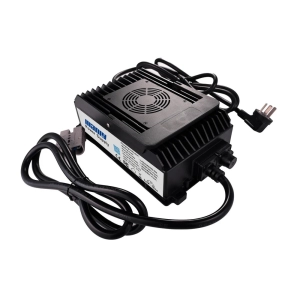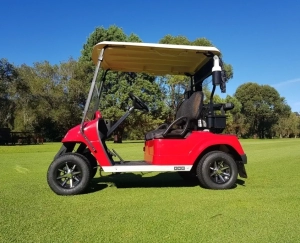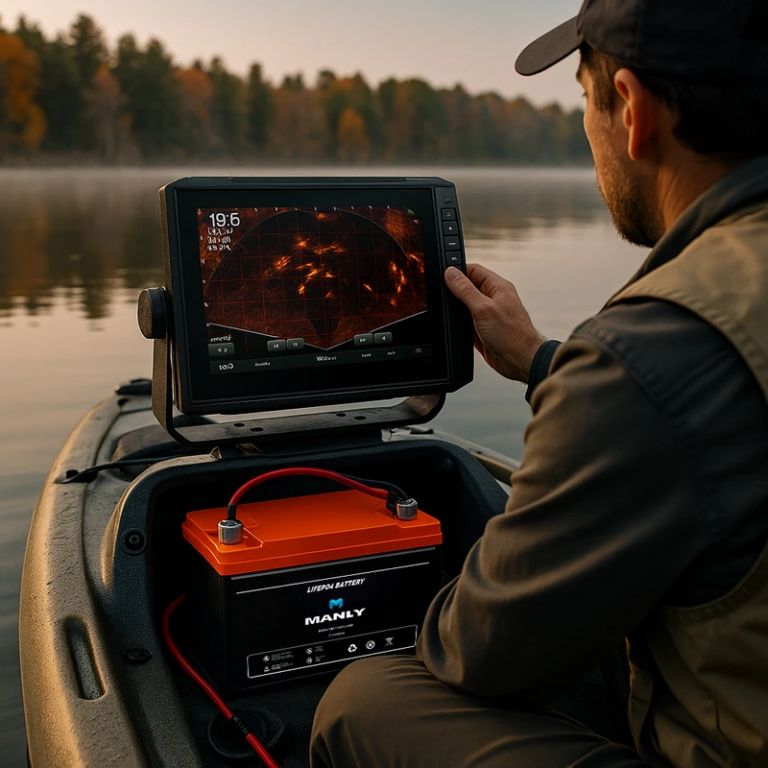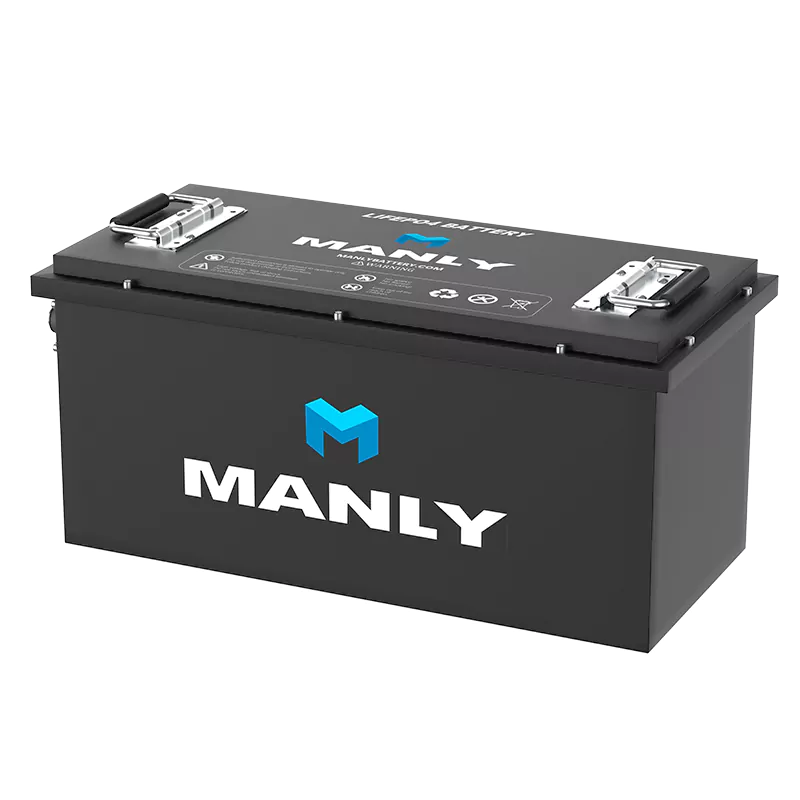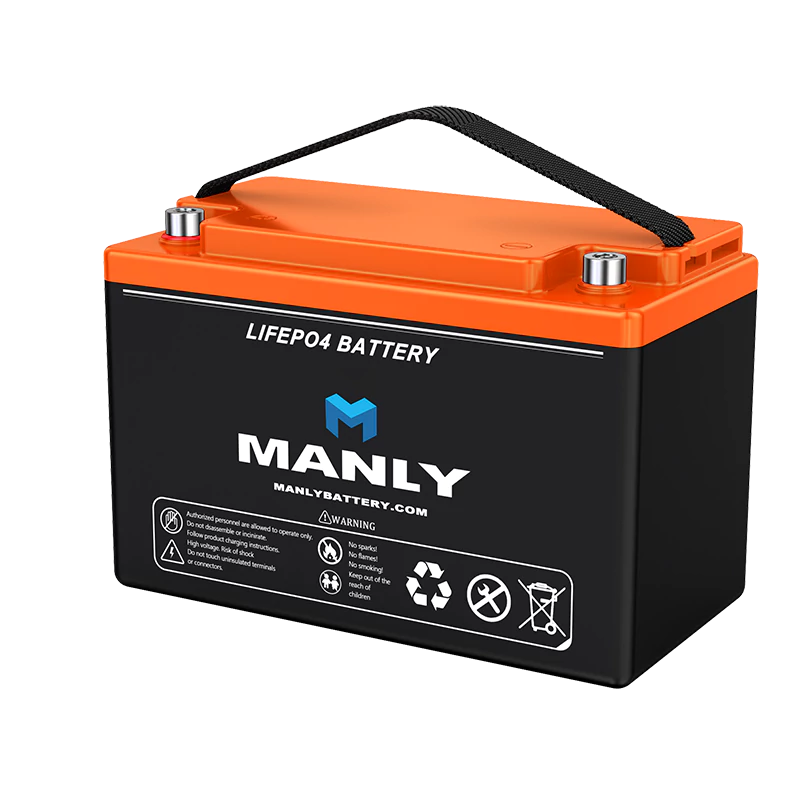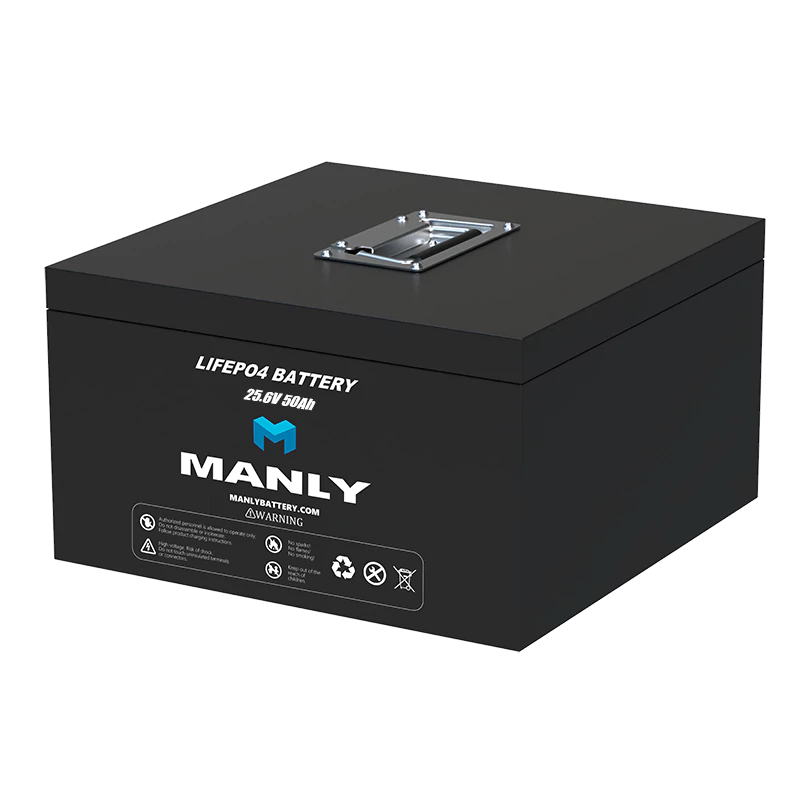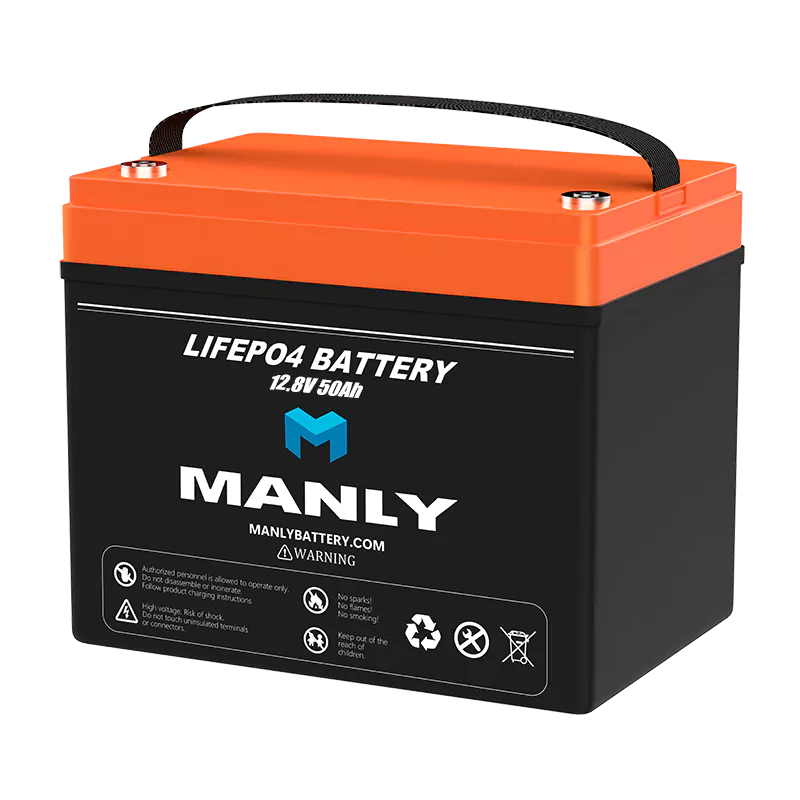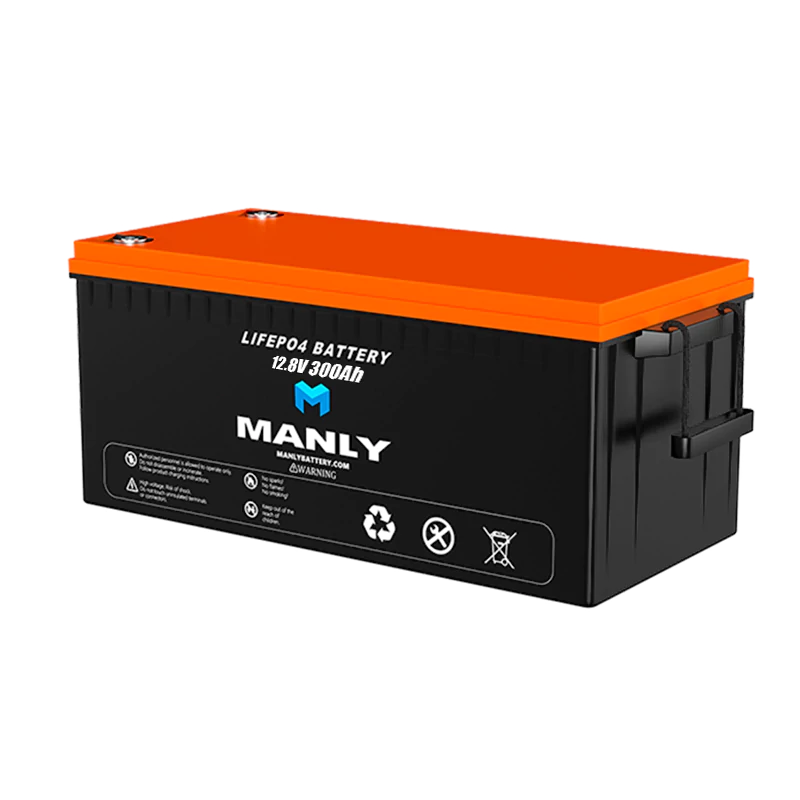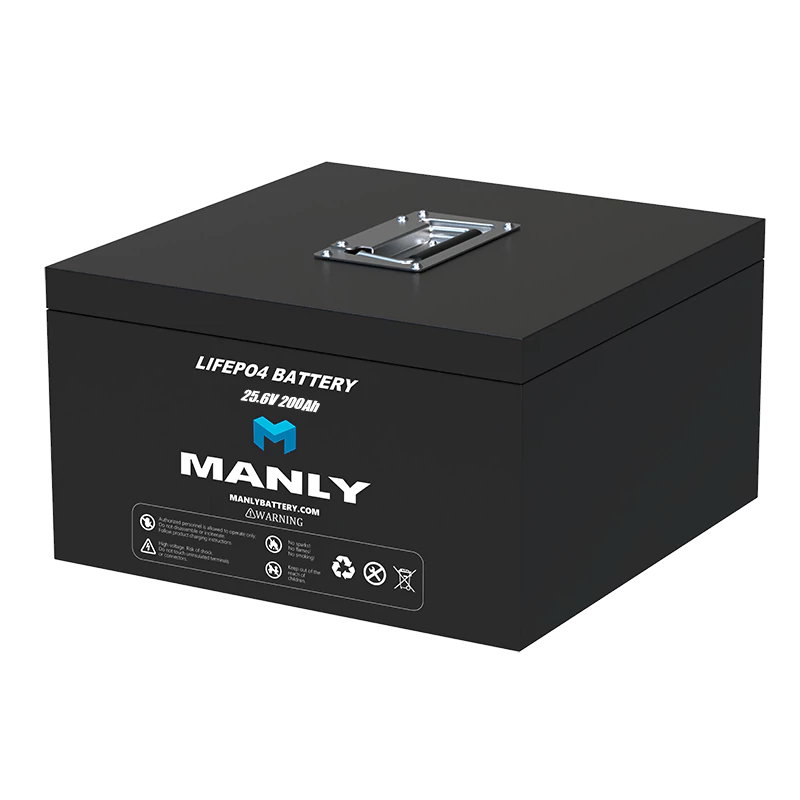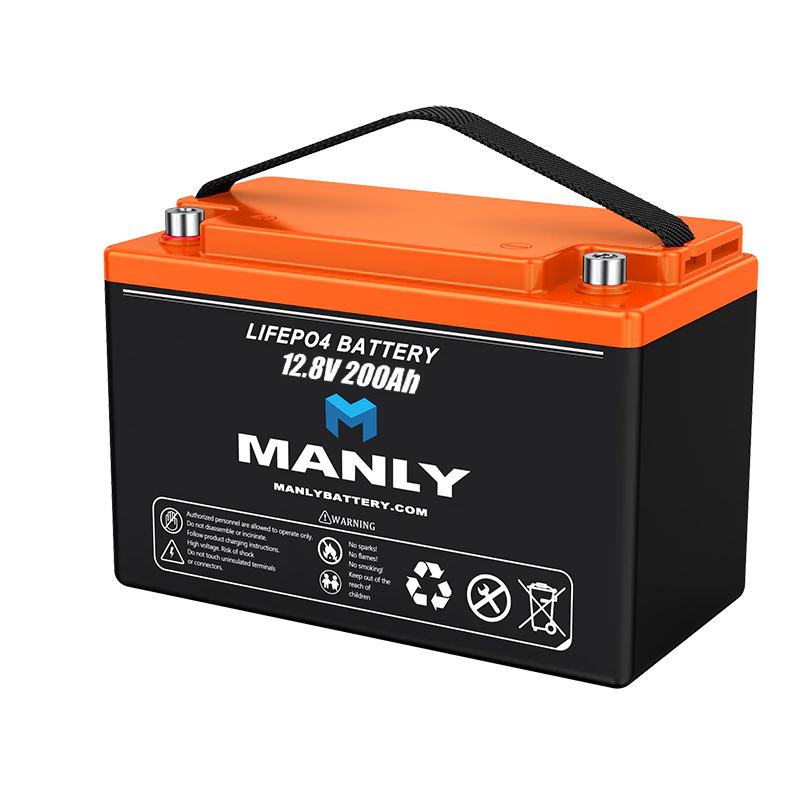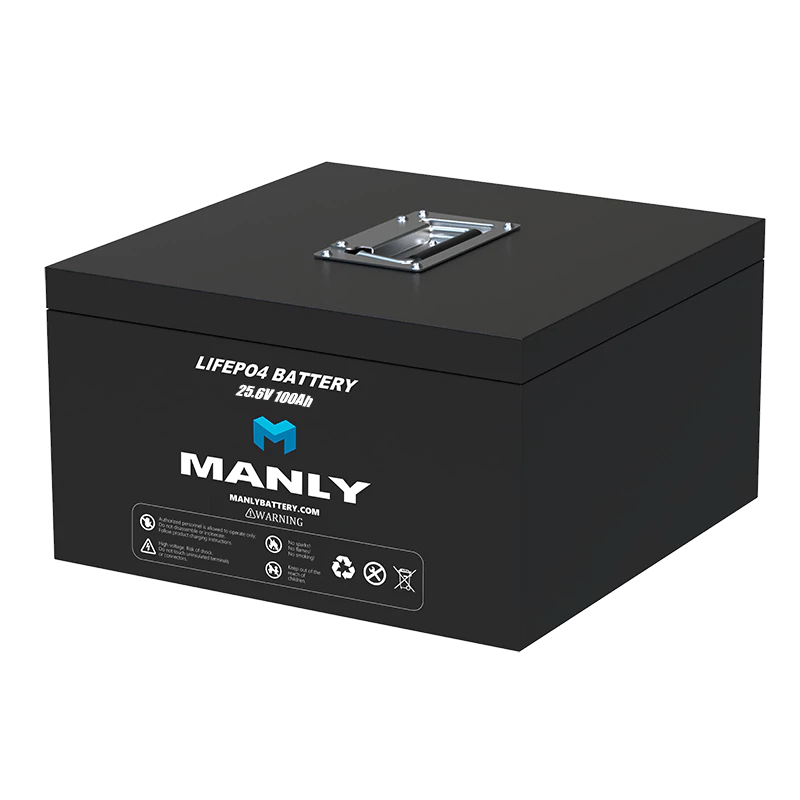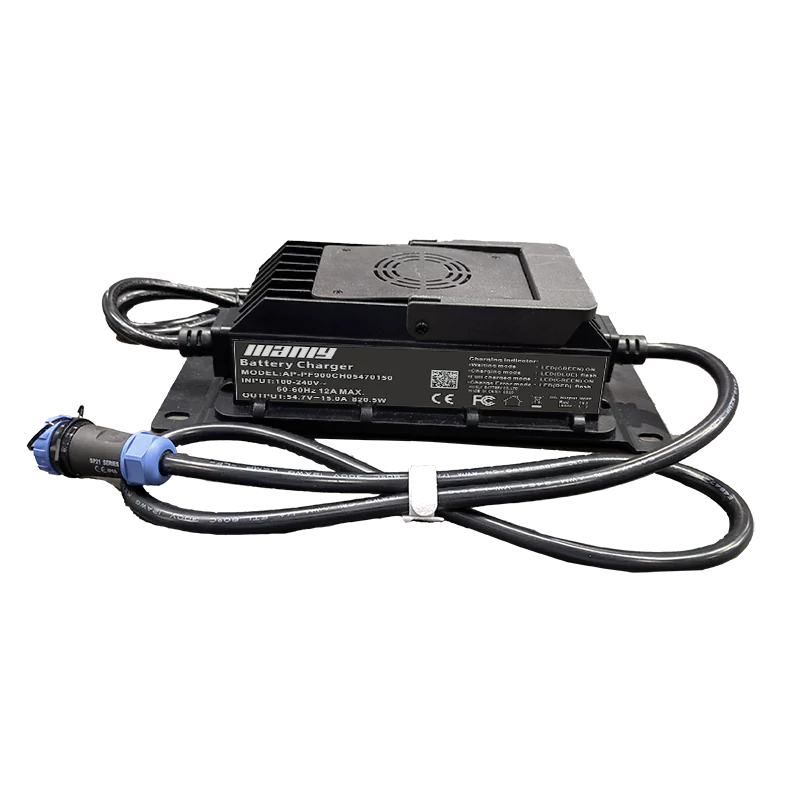Cos'è il commercio all'ingrosso? Una guida alla vendita all'ingrosso e ai vantaggi delle batterie al litio
Sommario
- Cos'è il commercio all'ingrosso? Una guida alla vendita all'ingrosso e ai vantaggi delle batterie al litio
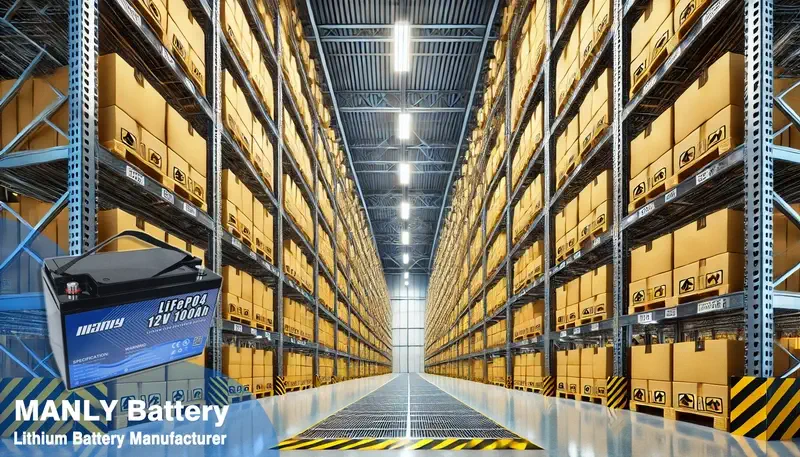
Definire il commercio all'ingrosso
Cos'è il commercio all'ingrosso?
Commercio all'ingrosso refers to the practice of purchasing goods in large quantities from manufacturers or distributors and reselling them in smaller quantities to businesses, organizations, or other wholesalers. Unlike retail trade, which targets end consumers, wholesale trade serves as a crucial link in the supply chain, ensuring that products move efficiently from producers to market-ready businesses.The concept of define wholesale trade is central to understanding global commerce. Wholesale operations often involve the storage and distribution of products in warehouses or offices, allowing businesses to reduce procurement costs and streamline their inventory. This approach not only benefits large-scale organizations but also supports small businesses with discounted bulk products.For example, battery wholesale is a specialized segment of wholesale trade, providing energy storage solutions to various industries, such as renewable energy and transportation. Companies like MANLY Battery exemplify this by offering bulk orders of high-quality lithium batteries to B2B wholesalers, government entities, and institutional buyers.Caratteristiche principali del commercio all'ingrosso
- Prezzi convenientiUna delle caratteristiche più significative del commercio all’ingrosso è la sua strategia di prezzo. I grossisti acquistano beni all’ingrosso, il che consente loro di negoziare costi unitari inferiori. Questi risparmi vengono poi trasferiti ai loro clienti, consentendo alle aziende di migliorare i margini di profitto. In settori come quello della vendita all’ingrosso di batterie al litio, questa efficienza in termini di costi è vitale per ridimensionare le operazioni mantenendo prezzi competitivi.
- Transazioni su larga scalaIl commercio all'ingrosso si concentra sulla gestione di transazioni di grandi dimensioni, che spesso coinvolgono migliaia di unità in un singolo ordine. Questo modello basato sul volume è progettato per soddisfare le aziende piuttosto che i singoli consumatori. Ad esempio,acquistare direttamente dal produttoreLe strategie nei mercati delle batterie aiutano a ridurre i costi intermedi garantendo al contempo un’offerta coerente.
- Base di clienti mirataA differenza del commercio al dettaglio, il commercio all’ingrosso serve esclusivamente le imprese, inclusi rivenditori, agenzie governative e operatori industriali. Questo modello incentrato sul B2B promuove partnership a lungo termine e garantisce una domanda costante di prodotti. I grossisti spesso forniscono soluzioni su misura, come servizi all'ingrosso come imballaggio, gestione dell'inventario e logistica.
- Integrazione della catena di fornituraI grossisti agiscono come parte integrante della catena di fornitura, colmando il divario tra produttori e mercato. Forniscono servizi di stoccaggio, distribuzione e valore aggiunto, garantendo il regolare flusso delle merci. In caso di vendita all'ingrosso di batterie, aziende come MANLY Battery ottimizzano la logistica per soddisfare l'elevata domanda di batterie al litio in diverse applicazioni.
Tipi di commercio all'ingrosso
Grossisti commercianti
Merchant wholesalers are a traditional and common type of wholesale trade. These wholesalers purchase goods directly from manufacturers, hold inventory in their warehouses, and sell these products to retailers or other businesses. Unlike agents or brokers, merchant wholesalers own the goods and are responsible for any losses during the buying and selling process.Merchant wholesalers operate in various industries, such as consumer goods, electronics, and specialized sectors like battery wholesale. For instance, in the growing lithium battery wholesale market, merchant wholesalers play a critical role in supplying businesses with high-demand products such as lithium batteries for energy storage and electric vehicles. Their ability to maintain stock and manage distribution ensures that businesses can meet customer demands promptly.Agenti e broker
Agents and brokers differ significantly from merchant wholesalers as they do not own the goods they handle. Instead, they act as intermediaries, connecting buyers and sellers to facilitate large-scale transactions. Their role is particularly valuable in industries where specialized knowledge or extensive networks are necessary to match the right products with the right buyers.In the context of wholesale trade, agents and brokers help bridge gaps in the supply chain by offering expertise and negotiating deals. For example, a broker in the pharmaceutical industry might connect manufacturers with hospitals, while in the energy sector, brokers could link lithium battery suppliers with renewable energy companies. These professionals earn commissions for their services, making them an essential part of the B2B wholesalers ecosystem.Grossisti produttori
Manufacturer wholesalers, also known as direct wholesalers, are companies or divisions within manufacturing firms that sell products directly to businesses, bypassing traditional wholesalers. This buy direct from manufacturer model allows for more streamlined supply chains, lower costs, and greater control over pricing and inventory.An excellent example of a manufacturer wholesaler is MANLY Battery, a leading player in the lithium battery wholesale market. MANLY Battery offers direct sales to B2B clients, enabling them to provide customized battery solutions at competitive prices. By eliminating intermediaries, MANLY Battery ensures consistent quality, faster delivery, and better scalability for businesses requiring high-performance energy storage solutions.This model is particularly advantageous in industries with rapidly growing demand, such as renewable energy and electric vehicles. Manufacturer wholesalers like MANLY Battery not only meet the immediate needs of their clients but also provide wholesale services like technical support, warranty programs, and logistics management, strengthening their role as key players in the wholesale trade landscape.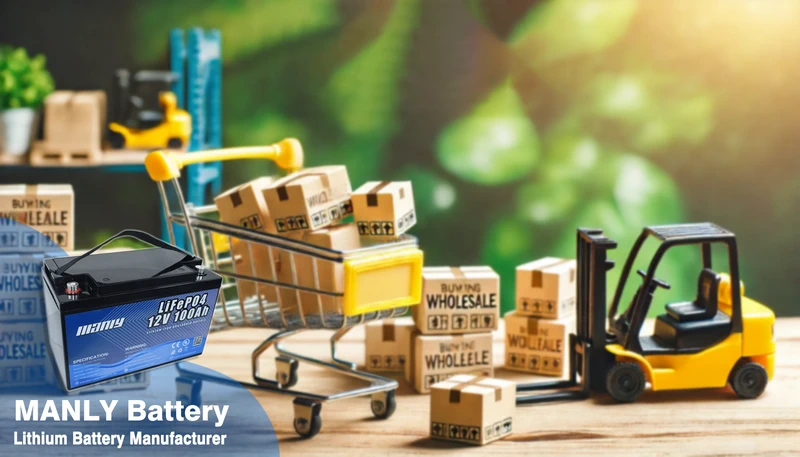
Vantaggi del commercio all'ingrosso
Efficienza dei costi
One of the most significant advantages of wholesale trade is cost efficiency. Wholesalers purchase goods in bulk, which allows them to negotiate lower unit prices with manufacturers. This cost-saving benefit is then passed down to businesses, enabling them to reduce material costs while increasing profit margins.For example, in the battery wholesale market, businesses purchasing lithium batteries in large quantities benefit from economies of scale. Companies like MANLY Battery offer discounts based on order size:- Gli ordini inferiori a 200 batterie vengono addebitati ai prezzi standard.
- Gli ordini da 200 a 500 batterie ricevono uno sconto del 5%.
- Gli ordini superiori a 500 batterie godono di uno sconto del 15%.
Migliore accesso ai prodotti
Wholesale trade also offers businesses broader access to diverse products. By collaborating with wholesalers, companies can source a wide range of goods, including specialized or customized options, without the need for extensive supplier searches.In the lithium battery wholesale market, for instance, wholesalers like MANLY Battery provide tailored solutions to meet specific industry needs. A renewable energy company may require batteries optimized for high capacity and long cycle life, while an automotive manufacturer might need compact, lightweight designs for electric vehicles. Through wholesale channels, these businesses gain access to a variety of products that cater to their unique requirements, streamlining operations and improving efficiency.Additionally, wholesalers often offer wholesale services such as packaging, logistics, and technical support, ensuring businesses have a seamless procurement experience.Partenariati a lungo termine
Building and maintaining long-term partnerships is another critical benefit of wholesale trade. Wholesalers and businesses often develop ongoing relationships based on trust, reliability, and mutual benefit. These partnerships ensure a steady supply of products and foster better communication, allowing businesses to adapt to market changes quickly.For instance, MANLY Battery prioritizes strong partnerships with its B2B clients. By providing consistent quality, flexible pricing, and responsive customer support, MANLY Battery helps businesses manage their supply chains more effectively. Over time, such partnerships enhance a company's reputation, attract new customers, and improve customer retention rates.Moreover, long-term partnerships with reliable wholesalers simplify the process to find wholesale suppliers, reducing risks and enhancing operational stability.Differenza tra vendita al dettaglio e all'ingrosso
Ambito di mercato
The primary difference between wholesale trade and retail lies in their target audience and transaction scale. Wholesale focuses on selling goods in bulk to businesses, organizations, or institutions, such as B2B wholesalers supplying products to retailers, manufacturers, or government entities. In contrast, retail targets individual consumers, offering smaller quantities of finished goods directly to end-users.For instance, BKL Hospitality, a wholesale furniture supplier, provides bulk furniture solutions to hotel chains like Marriott and Hilton, catering to their extensive furnishing needs. In contrast, a local furniture store sells individual pieces to consumers for personal use. This delineation allows wholesalers to meet the large-scale demands of businesses, while retailers concentrate on personalized consumer experiences.Prezzi e redditività
Another key distinction is the pricing and profitability structure. Wholesale trade operates on a bulk pricing model, allowing businesses to purchase products at discounted rates. Wholesalers earn profits through high-volume sales rather than individual item markups.Retail, on the other hand, focuses on per-unit pricing, which includes a significant markup to cover operating costs and generate higher profit margins per item. For example, True Leaf Market Wholesale supplies bulk garden seeds to commercial growers at discounted rates, enabling retailers to purchase in large quantities and resell at a markup to individual customers. This pricing structure benefits both wholesalers and retailers by optimizing cost efficiency and profit margins.Relazioni con i clienti
Customer relationships also differ between wholesale and retail trade. Wholesale emphasizes building long-term partnerships with B2B clients. These relationships are often maintained through direct communication, consistent service, and tailored solutions.Retail, in contrast, focuses on creating a positive shopping experience for individual customers. Strategies such as marketing, loyalty programs, and personalized service are used to attract and retain consumers.For example, a lithium battery wholesale supplier like MANLY Battery prioritizes robust B2B relationships by offering flexible order quantities, reliable delivery schedules, and comprehensive customer support. These long-term partnerships help businesses maintain a steady supply of products, ensuring operational stability.Meanwhile, a retail store selling a single lithium battery may focus on customer satisfaction through product recommendations, warranties, and user-friendly purchasing processes.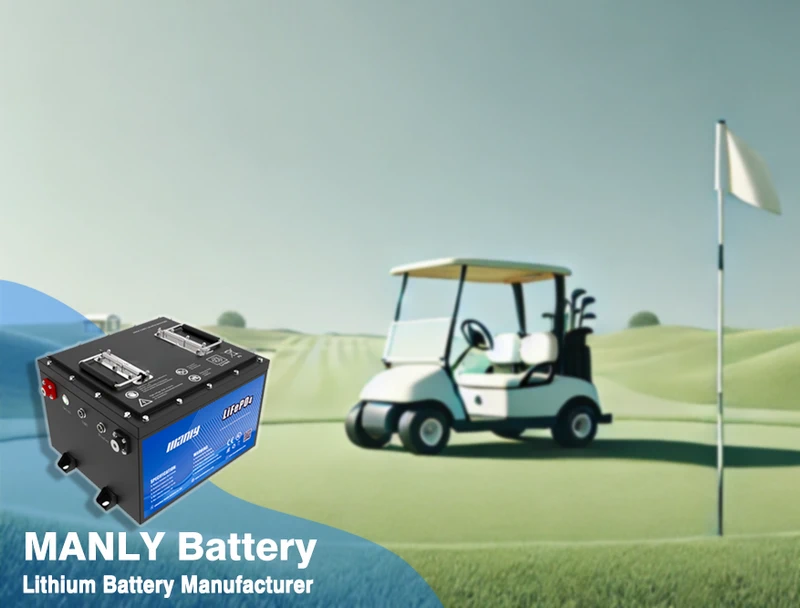
Come funziona il commercio all'ingrosso?
Acquisto in blocco
Wholesale trade begins with large-scale purchasing. Wholesalers buy goods directly from manufacturers or suppliers in bulk, allowing them to negotiate lower unit prices. These products are often stored in warehouses for easy access and management until they are resold.For instance, Staples Business Advantage, a wholesale supplier for office products, purchases massive quantities of items like pens, paper, and office furniture from manufacturers. By acquiring such products in bulk, Staples reduces costs, enabling them to sell at competitive prices to businesses.This process is not limited to consumable goods. In industries like battery wholesale, wholesalers procure lithium batteries in significant quantities, ensuring a stable supply for clients in sectors like renewable energy and automotive.Vendita alle organizzazioni
Wholesalers primarily cater to B2B wholesalers, retailers, and large institutions. Unlike retail trade, which serves individual consumers, wholesale trade focuses on fulfilling the needs of businesses that require goods in bulk.For example, Grainger, a leading industrial supply wholesaler, serves clients like factories, schools, and government agencies. Their extensive catalog includes tools, safety equipment, and industrial components, providing organizations with cost-effective solutions.This model is also evident in lithium battery wholesale, where wholesalers supply bulk orders to electric vehicle manufacturers and energy storage providers. By targeting organizations, wholesalers enable their clients to reduce costs, streamline operations, and scale their businesses effectively.Evasione e gestione degli ordini
Efficient logistics and order management are crucial for wholesale trade. Wholesalers must ensure timely delivery and maintain accurate inventory to meet client demands. Advanced systems for tracking orders and managing stock levels are often used to optimize operations.For instance, Amazon Business, the wholesale arm of Amazon, integrates advanced logistics and inventory systems to fulfill bulk orders for businesses across various industries. Their same-day and two-day shipping options help businesses maintain adequate stock levels without overcommitting to storage.Such logistics excellence is also vital in battery wholesale, where precise order management ensures timely delivery of products like lithium batteries, reducing downtime for clients in time-sensitive industries.Mantenimento dei rapporti con i fornitori
Building and maintaining strong relationships with suppliers and customers is key to the success of wholesale operations. Wholesalers often act as intermediaries, facilitating smooth communication and trust between manufacturers and buyers.For example, Sysco, a wholesale distributor in the foodservice industry, maintains long-term partnerships with suppliers to ensure consistent quality and availability of products. These relationships allow Sysco to offer a reliable supply chain to restaurants, schools, and hospitals.In battery wholesale, companies focus on partnerships with manufacturers to secure consistent supply while offering tailored solutions to clients. Strong relationships enhance reliability, ensuring businesses can depend on wholesalers for their critical needs.Caso di studio: commercio all'ingrosso di batterie al litio
Perché la vendita all'ingrosso di batterie al litio è essenziale
The global demand for lithium batteries is skyrocketing due to their wide-ranging applications across industries such as golf carts, marine vessels, robotics, and energy storage systems. Their lightweight design, long lifespan, and superior efficiency make them a preferred choice over traditional lead-acid batteries.For instance, in the energy storage sector, batterie al litio are instrumental in powering residential and industrial systems, ensuring reliable backup power. In robotics, these batteries enable precision and long operational hours, while in marine applications, their durability supports navigation in harsh environments.MANLY Battery stands out as a leading provider in the lithium battery wholesale market, serving diverse sectors globally. With a daily assembly of over 3,000 battery units and versatile product offerings, including LiFePO4 batteries, MANLY caters to industries with high customization needs. Their robust manufacturing capabilities and dedication to quality exemplify the pivotal role of wholesale trade in meeting global battery demands.Sfide nel mercato all’ingrosso delle batterie al litio
The lithium battery wholesale market faces unique challenges, such as inventory management and stringent quality control. Lithium batteries, often required in bulk by industries like automotive and energy storage, demand precise forecasting and efficient supply chain management to prevent overstocking or shortages.Additionally, maintaining consistent quality across large orders is crucial. Certifications such as UN38.3, UL, and CE are essential to ensure batteries meet global safety standards, especially for industries requiring high reliability, like robotics or renewable energy.MANLY Battery addresses these challenges by implementing rigorous quality control measures and offering globally certified products. Their ability to customize batteries to specific voltage and capacity requirements helps clients overcome design and performance constraints. This focus on quality and customization positions MANLY as a trusted partner in the battery wholesale market.Servizi all'ingrosso di MANLY Battery
MANLY Battery excels in providing tailored wholesale services designed to meet the diverse needs of B2B clients:- Opzioni di ordine flessibili: MANLY accoglie ordini di varie dimensioni, offrendo sconti graduali per acquisti all'ingrosso a vantaggio di aziende di tutte le dimensioni.
- Logistica efficiente: Leveraging advanced shipping methods, MANLY ensures timely delivery. Options include:
- Corriere aereoper ordini inferiori a 150 libbre, con tempi di consegna di 10-15 giorni.
- Trasporto aereoper spedizioni di 200-500 libbre, offrendo tempi di consegna più rapidi di 7-10 giorni (sdoganamento incluso).
- Trasporto via mare for orders over 500 lbs, providing cost-effective solutions for larger shipments with delivery times of 20-35 days. MANLY’s shipping methods are designed to balance speed and cost, catering to clients worldwide.
- Servizi di personalizzazione: Le soluzioni su misura di MANLY coprono tensione, capacità e design, consentendo ai clienti di ricevere batterie su misura per le loro precise esigenze.



